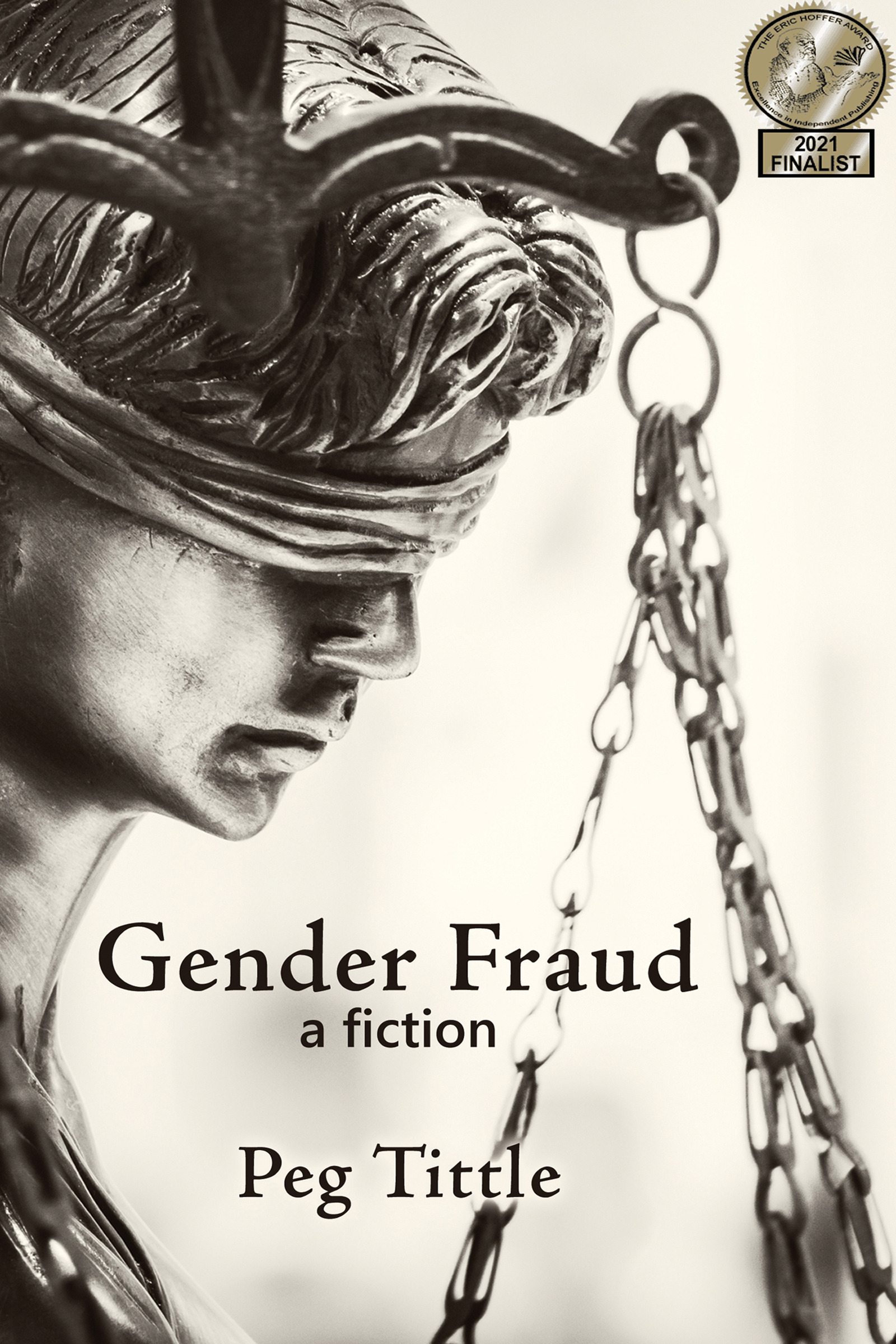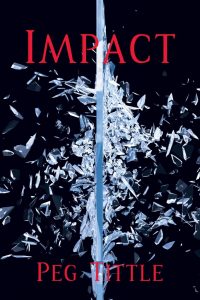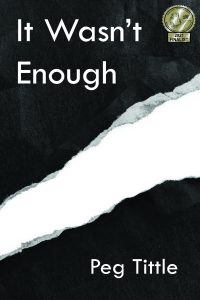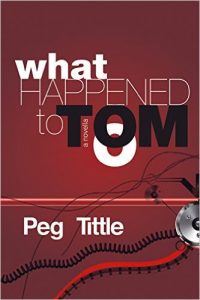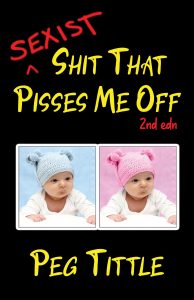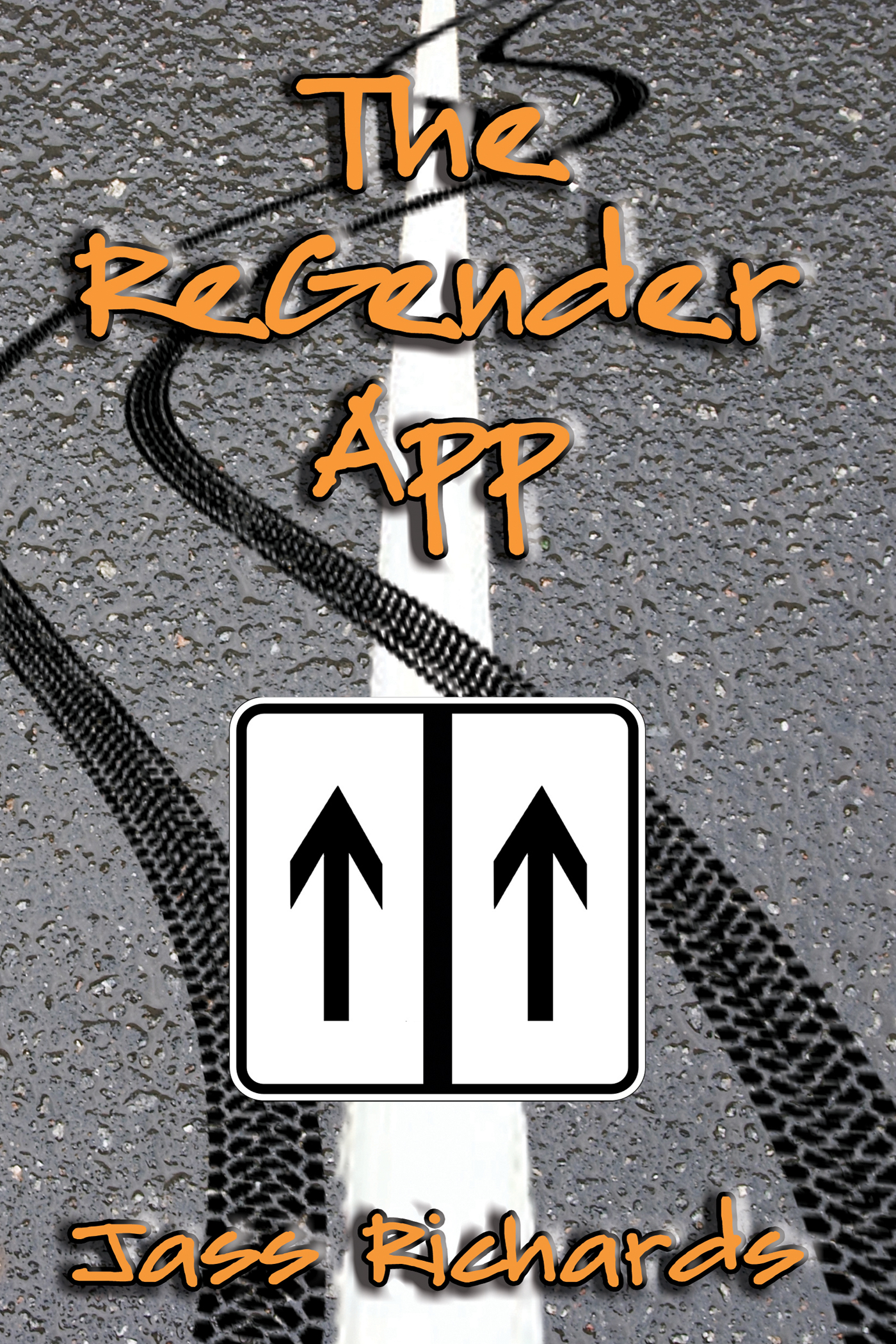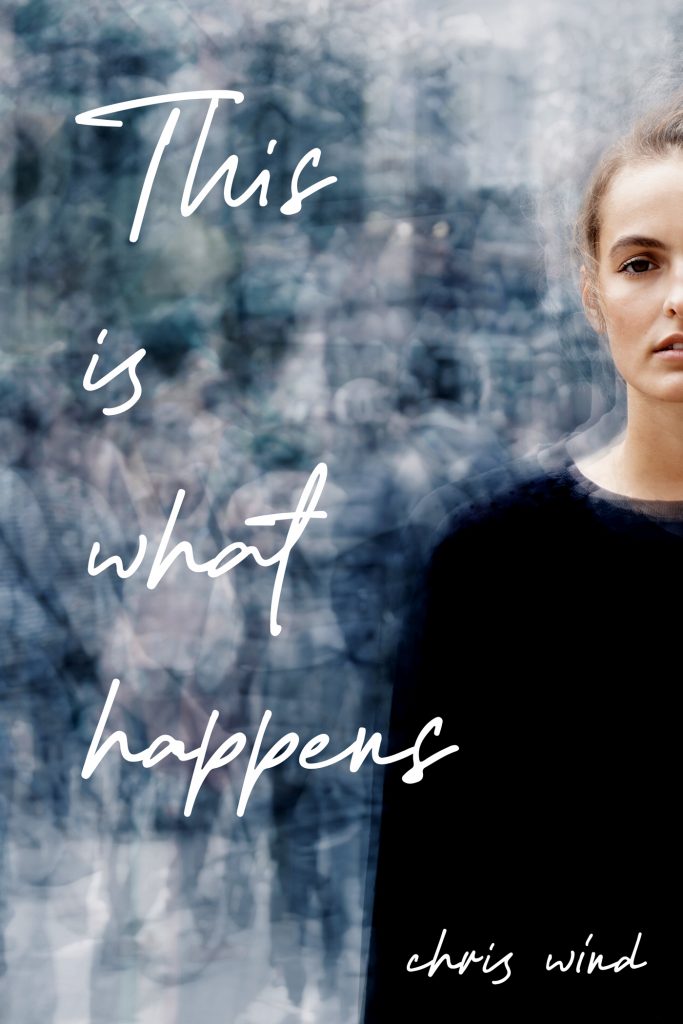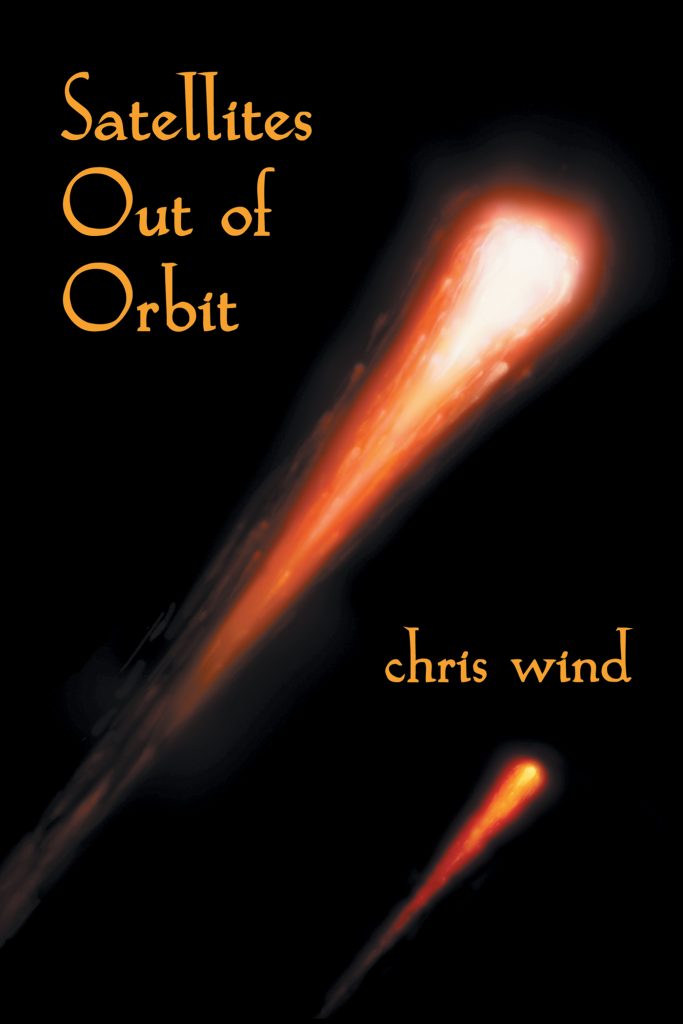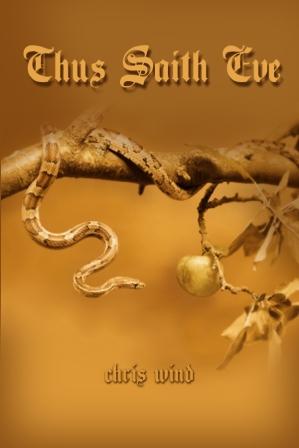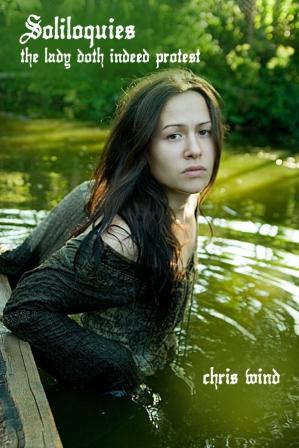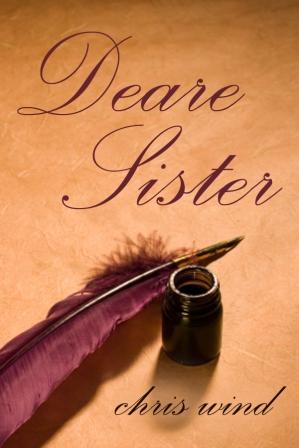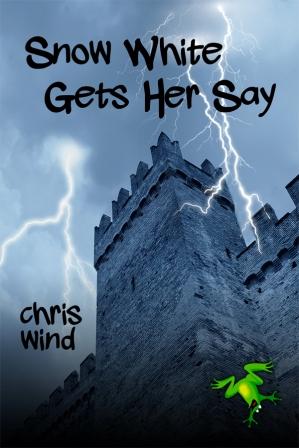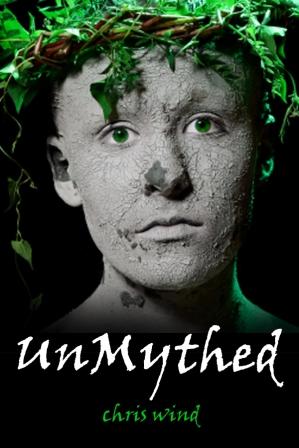Boy books. You’re thinking The Boys’ Book of Trains and The Hardy Boys, right? I’m thinking most of the books I took in high school English.
Consider Knowles’ A Separate Peace. Separate indeed. It’s set at a boys’ boarding school. The boys are obsessed with jumping out of a tree. This involves considerable risk of crippling injury. And yet they do it, for no other reason than ‘to prove themselves’. Now my question is ‘What are they proving themselves to be – other than complete idiots?’ We don’t get it.
They are also obsessed with going off to war. While this again involves risk of injury, it could, at least, be done for some lofty and heroic reason. But the reasons for the war are not once discussed. So it seems to be just another peer pressured ego thing: ‘My dick’s as big as yours.’ Again, we don’t get it.
Consider also Golding’s Lord of the Flies and Conrad’s Heart of Darkness. In all three, a major theme is the loss of innocence – not through the discovery of evil in the world, but through the discovery of evil within. The boys discover their heart of darkness, their capacity for cruelty. Well, we can’t identify with that – after all, we didn’t spend our childhoods tearing the legs off harmless flies and putting fish hooks through live frogs.
We especially can’t identify with the feelings of pride, which lie just beneath the pretensions of horror, that accompany this discovery. For make no mistake, in forests and on farms, and on foreign battlefields, killing is still the rite of passage, the test of maturity, for boys to real men. Hands up, does anyone else see this as sick?
Let’s go back to Lord of the Flies for a minute. Again, all boys. Plane-crashed on an island, their task is simple: co-exist. They must figure out how to live with each other. They can’t do this. Instead, they figure out how to kill each other.
Would girls have done any better? Well, yes, I think they would have. Would they have splintered into rival groups? Probably. Would they have picked on the fat ugly girl? Sigh. Probably. But they would not have killed the pig, especially like that, laughing about its squeals of pain. (Especially not with all that fruit around.) And the little ‘uns would’ve had lots of mommies to look after them. And at the end, they would not have been discovered smeared with blood and war paint. Instead, they probably would have been found on the beach singing and doing the Macarena. (And the really horrible thing is that many men reading this won’t see that as unquestionably better.)
So don’t tell me these novels are universal. They’re not. They’re boy books. By boys about boys. And I’m a girl. Was a girl. I can’t tell you the effect Lord of the Flies had on me. First of all, I had to change sex to even be a part of the world. Read that sentence again. Then I saw myself as seven parts Simon, two parts Ralph, and one part Piggy. And I saw my options: insanity or death. Quite the education.
But even when the theme is universal, we get boy books. Consider Richler’s The Apprenticeship of Duddy Kravitz. Duddy wants to buy some land. As a person, I can identify with that. Unlike much of the previously-mentioned novels, this is not a boy thing. But still, Duddy is a boy. Very much a boy. So there’s not much else I can identify with.
However, also unlike the previously-mentioned novels, this one has a few female characters in it. Actually, so does A Separate Peace: one is Leper’s mother and she is just that – Leper’s mother; the other is Hazel Brewster – the ‘town belle’, a mere object to be observed and perhaps used by the boys. Yvette, in Duddy Kravitz, is seen, by both Richler and Duddy, as either sexual or secretarial. Am I supposed to identify with that?
Consider Bradbury’s Fahrenheit 451. Now I can really identify with saving books, with perpetuating the intellectual heritage of civilization. But the five men Montag meets at the end who are doing just that are just that – five men. So are the thousands of others: “Each man had a book he wanted to remember…” Where am I? What was I supposed to be wanting? (Another television wall – recall Mildred, Montag’s wife.)
I’m so thankful for Lee’s To Kill a Mockingbird. For Scout. She’s one of the two main kid characters. She’s a girl. A spunky girl. A girl who runs, and thinks, and feels. There I am!
(But, alas, she doesn’t have a mom. She has a father and a brother; if she had a mom, if there were an adult woman like her, like her dad, that would even it up a bit – Scout wouldn’t be the female minority in her world. But that would be too much, I guess. Equal representation is going too far.)
And I’m thankful for Laurence’s The Stone Angel. It’s about a woman. An old woman. A feisty, sarcastic old woman who embraces her inner bitch. I wanna be Hagar when I grow old.
But what do I want to be when I grow up? There’s this huge void between Scout and Hagar. Why? What the hell happens to girls when they turn thirteen? I’m an adolescent, was an adolescent, presumably discovering and creating my identity. If I stay within the boundaries of the familiar, the apparently possible, I – Where are the girl books? Where are the books set at girls’ boarding schools? Where are the books about ‘girls only’ islands?
And what would happen if boys read them – what would happen if adolescent boys experienced Gilman’s Herland and Tepper’s The Gate to Woman’s Country instead of Golding’s Lord of the Flies? (and Fitzhugh’s Harriet the Spy, and Newman’s A Share of the World and McCarthy’s The Group and…)
Maybe, eventually, instead of boys and girls, we could have kids, and then people; kids, and people, would read kids’ books, and people’s books.
[Hell Yeah, I’m a Feminist is a feminist blog, often radical feminist (radfem), always anti-gender and anti-sexism.]



